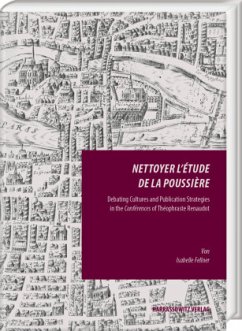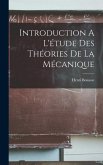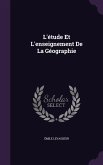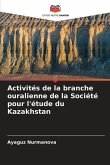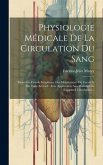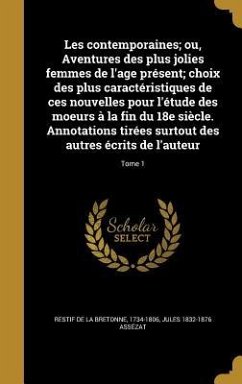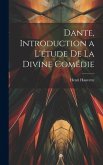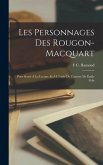While any conceivable piece of information is only one click away for inhabitants of the 21st century, such was not the lot of our 17th century counterparts. Théophraste Renaudot's establishment of a Bureau d'adresse, a place dedicated to the exchange of knowledge, therefore addressed a dire need, and captured the interest of other European "intelligencers". The Parisian Bureau not only functioned as an entrepôt for practical information but also housed the Conférences, Renaudot's academy. The Conférences aimed at no lesser goal than to vulgarize knowledge for as large an audience as possible and to brush off the dust it had supposedly acquired in scholastic university: hence the title of the present study, nettoyer l'étude de la poussière. This volume analyzes the Conférences and their printed records and connects them to other early modern modes of knowledge negotiation from the perspective of a transdisciplinary history of knowledge. It argues that on an individual level, the various participants of the Conférences did not radically break with dialectical and rhetorical traditions; yet the printed records of their meetings did present knowledge in a new medial form that epitomizes fundamental trends in the contemporary Republic of Letters.
Bitte wählen Sie Ihr Anliegen aus.
Rechnungen
Retourenschein anfordern
Bestellstatus
Storno

